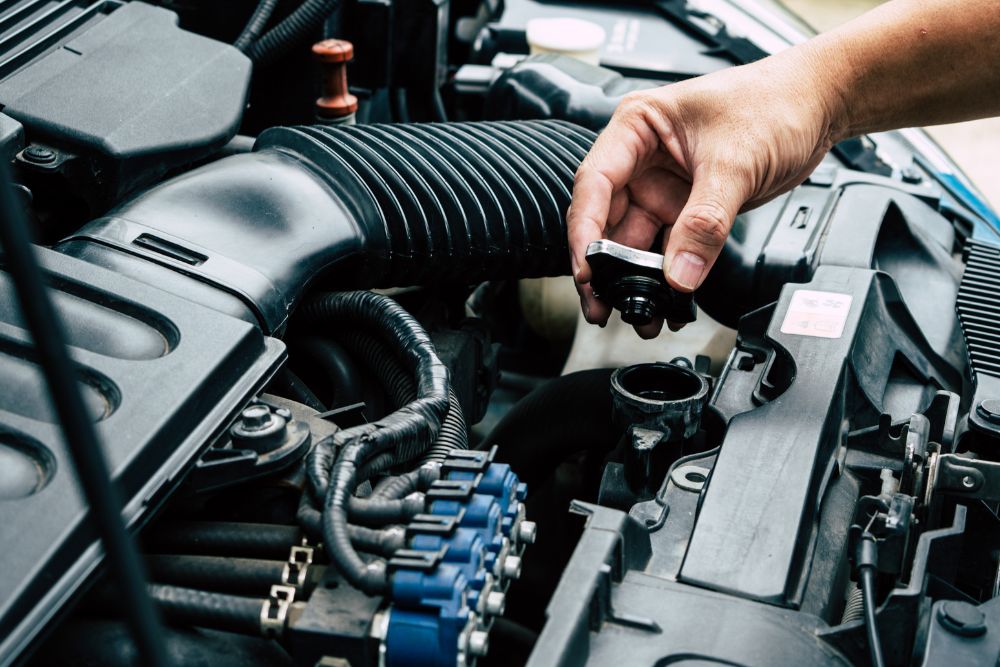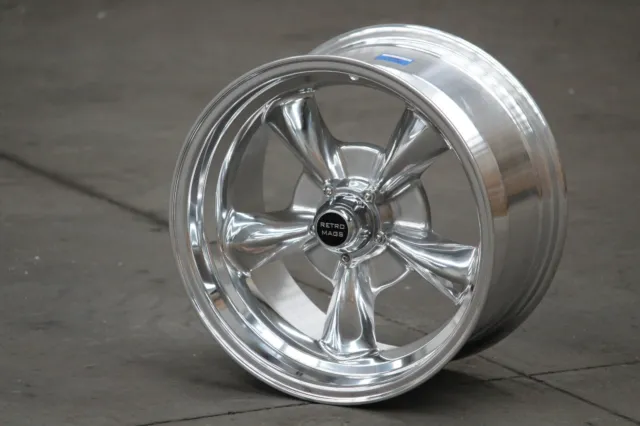
Summer in Australia can bring scorching temperatures, and while you’re enjoying the sunny days, your car’s engine may be struggling to cope with the heat. Engine overheating is a common issue, particularly during the warmer months, but with the right precautions, you can prevent it from becoming a major problem. Here’s how to keep your engine cool and running smoothly throughout the summer.
1. Keep an Eye on Coolant Levels
The coolant, also known as antifreeze, plays a vital role in regulating your engine’s temperature. If your coolant levels are low, the engine is more likely to overheat, as there won’t be enough fluid to absorb and dissipate the excess heat.
How to prevent overheating:
- Check your coolant levels regularly, especially before long trips.
- Always top up with the recommended type of coolant for your vehicle.
- If your car’s coolant is old or dirty, consider getting it flushed and replaced to ensure optimal performance.
2. Maintain the Radiator
The radiator is the primary component responsible for keeping your engine cool. Over time, dirt, debris, and even rust can clog the radiator, hindering its ability to release heat efficiently. Radiator repairs are crucial for preventing overheating.
How to prevent overheating:
- Ensure that the radiator is clean and free of debris.
- Inspect for any signs of leaks, which could lead to a loss of coolant.
- If your radiator is damaged or corroded, it may need to be repaired or replaced.
3. Check for Leaks in the Cooling System
Leaking coolant is one of the most common causes of engine overheating. Even a small leak can lead to a significant loss of coolant, leaving your engine at risk. Always check the hoses, radiator, and water pump for any signs of leaks or cracks.
How to prevent overheating:
- Inspect your vehicle’s cooling system regularly for leaks.
- Replace any cracked or worn-out hoses as soon as possible.
- Pay attention to any puddles of coolant under your car, which could indicate a leak.
4. Ensure the Thermostat Is Working Properly
The thermostat regulates the temperature of your engine by controlling the flow of coolant. If the thermostat is stuck or malfunctioning, it may prevent the coolant from flowing correctly, causing the engine to overheat.
How to prevent overheating:
- Have your thermostat tested regularly.
- If you notice your engine running hotter than usual, it could be a sign of a faulty thermostat.
- Replace the thermostat if it’s not functioning properly to ensure efficient cooling.
5. Keep the Cooling Fan in Good Condition
Your car’s cooling fan helps to maintain the temperature of the engine by blowing air through the radiator. If the fan is not working properly, it can lead to overheating, particularly during slow-moving traffic or idling.
How to prevent overheating:
- Make sure the cooling fan turns on when the engine temperature rises.
- Listen for any unusual noises coming from the fan, which may indicate a malfunction.
- Check the fan’s fuse and wiring to ensure everything is in working order.
6. Monitor the Temperature Gauge
Your car’s temperature gauge is there for a reason—it lets you know when the engine is getting too hot. If you notice the needle creeping into the red zone, it’s time to pull over and shut off the engine. Overheating can cause severe damage, so it’s important not to ignore these warning signs.
How to prevent overheating:
- Pay close attention to the temperature gauge while driving, especially in traffic or on hot days.
- If the gauge rises into the red zone, pull over immediately and let the engine cool down before continuing.
- If the engine continues to overheat despite taking precautions, it may indicate a more serious issue that requires professional attention.
7. Check the Air Conditioning System
During summer, your air conditioning system can put extra strain on the engine, especially if it’s running continuously. A malfunctioning AC system can cause the engine to overheat more quickly.
How to prevent overheating:
- Have your air conditioning system checked to ensure it’s functioning properly.
- If the AC is blowing warm air or making strange noises, it could indicate a problem.
- Use the AC sparingly during extremely hot days to reduce the load on your engine.
8. Drive Smart
How you drive can also impact your engine’s temperature. Heavy acceleration, driving at high speeds, and idling for long periods can all contribute to overheating.
How to prevent overheating:
- Avoid rapid acceleration and high speeds, especially in hot weather.
- Try to avoid long periods of idling—turn off the engine if you’re stopped for an extended time.
- If you’re stuck in traffic, keep an eye on the temperature gauge and turn off the AC if necessary to reduce strain on the engine.
Final Thoughts
Preventing engine overheating during the summer requires regular maintenance and a few simple precautions. By keeping an eye on your coolant levels, ensuring your radiator and cooling system are in good condition, and driving sensibly, you can protect your engine from the extreme heat. If you notice any signs of overheating or unusual behaviour, it’s always best to consult a professional mechanic to avoid long-term damage.
Stay in touch to get more updates & news on The Smartblogger!







